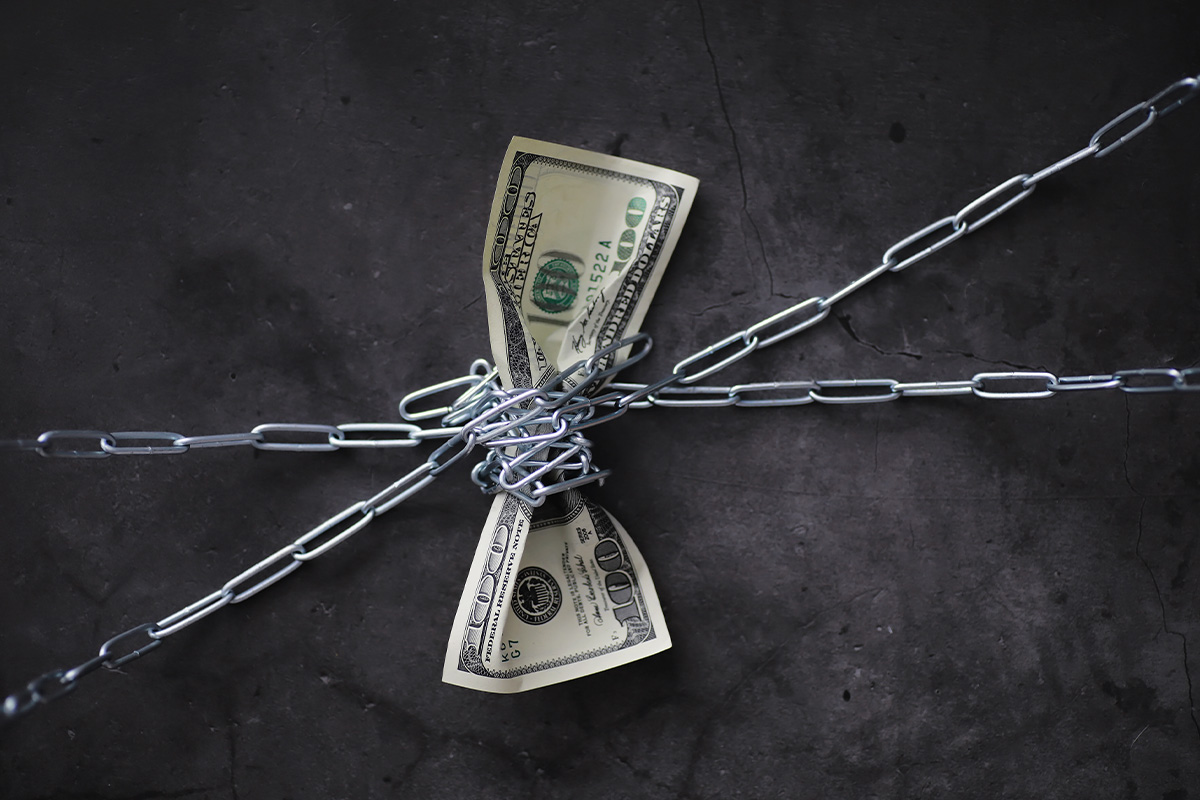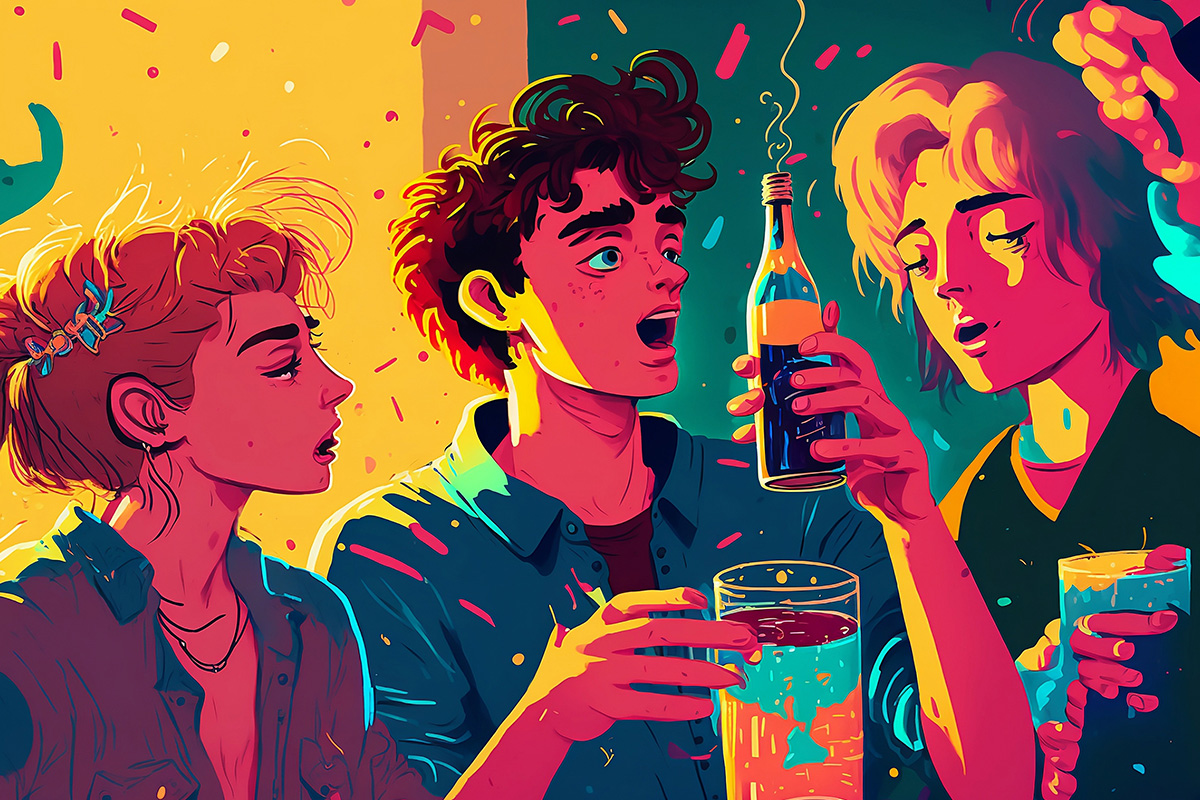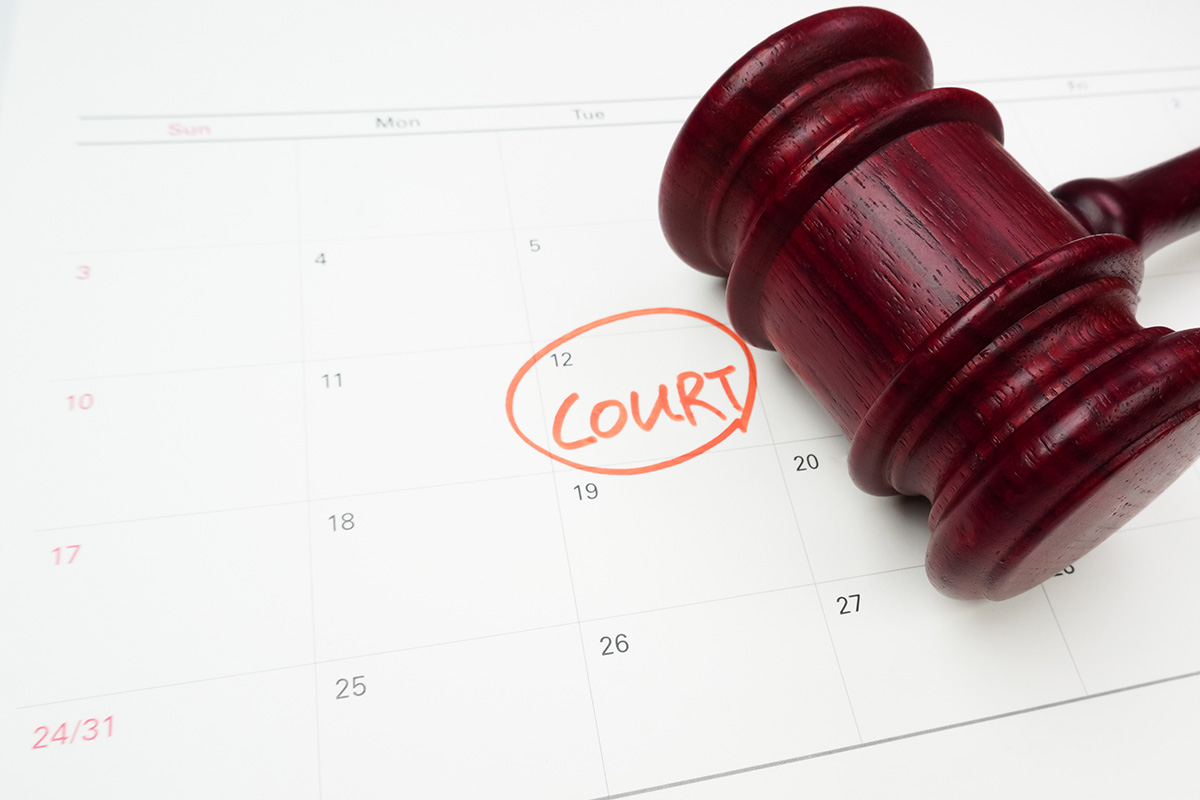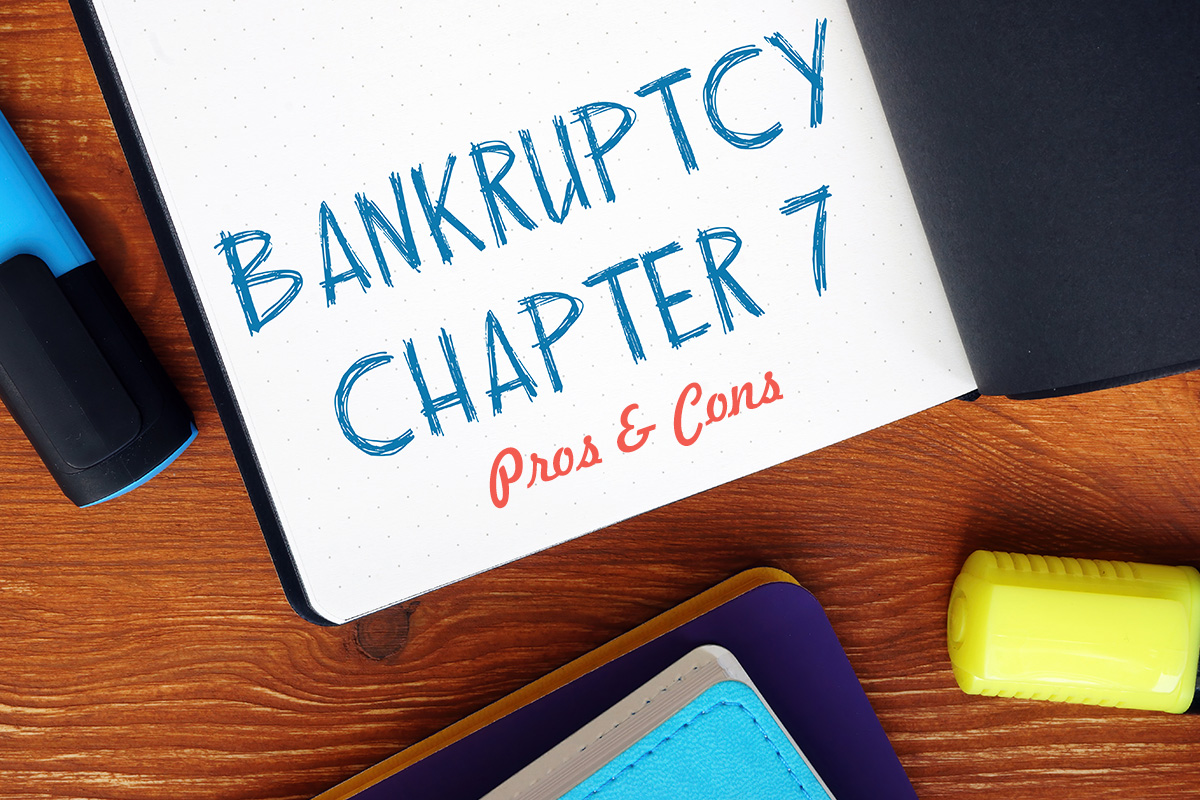If you are currently ordered to pay child support and cannot afford your payments, you may be wondering if filing for bankruptcy could help you. The quick answer is that filing for bankruptcy will not reduce or terminate your child support payments. However, filing for bankruptcy could help you adjust your budget, so you have the money available to make the payments.
Who Can Change Your Child Support Payments?
The only person/court that can change your child support obligation is a family court judge. If you are struggling to make your child support payments, your first step should be to go back to family court and discuss your financial situation. If you decide to simply not pay, the state of North Carolina’s Child Support Enforcement Division has many tools that they can use to make you pay, some of those things include:
- Contact your employer and withhold money from your paycheck.
- If you are not working, they can withhold money from your unemployment payments.
- Take any state or federal tax return monies you may be owed.
- Your driver’s license can be suspended or revoked.
- Report the delinquency to the credit bureaus.
- Charges could be filed against you in court.
- A warrant for your arrest could be issued.
It is important for you to make your child support payments and take that obligation seriously. Not complying with the court order can cause serious problems for you and your finances.
Can Bankruptcy Help with Your Child Support Obligations?
As mentioned above, bankruptcy cannot modify child support payments, but it can help you eliminate some other debt making it easier for you to make the payments ordered by the court. If your bankruptcy eliminates some of your debts and you are still not able to make your support payments, a family court judge may see that you are trying to get yourself in a better position to make your payments. This could go a long way in helping your case for a reduction in support payments.
If you file Chapter 7 bankruptcy in the state of North Carolina, you are able to discharge medical bills, personal loans without collateral, credit card debt, delinquent utilities, and some other unsecured debts. By shedding debts such as these, there should be room in your budget for your child support obligations.
If you file Chapter 13, you will be given time to catch up on your obligations if you are already behind. Chapter 13 is specifically designed to help filers catch up on debt, but remember, no type of bankruptcy filing will reduce or discharge child support payments.
Bankruptcy Helps You Get Back on Track with Your Finances
Chances are, if you are delinquent on child support payments, you are probably behind on other bills and debts. At Craft Law Offices we understand that is a terrible position to be in and it could be very stressful living with this day to day. Debt collectors may be calling you at home and at work. You may feel embarrassed or guilty being behind on your child support payments. The stress of all this adds up and you do not know what to do.
Call Craft Law Offices and schedule your free bankruptcy consultation. Leslie will discuss your situation and help you decide if filing for Chapter 7 or 13 bankruptcy could help your financial situation. Let Leslie guide you through the process so you can change your financial future, call today at 252-752-0297 or schedule online at https://craftlawoffice.com/schedule-appt/.












